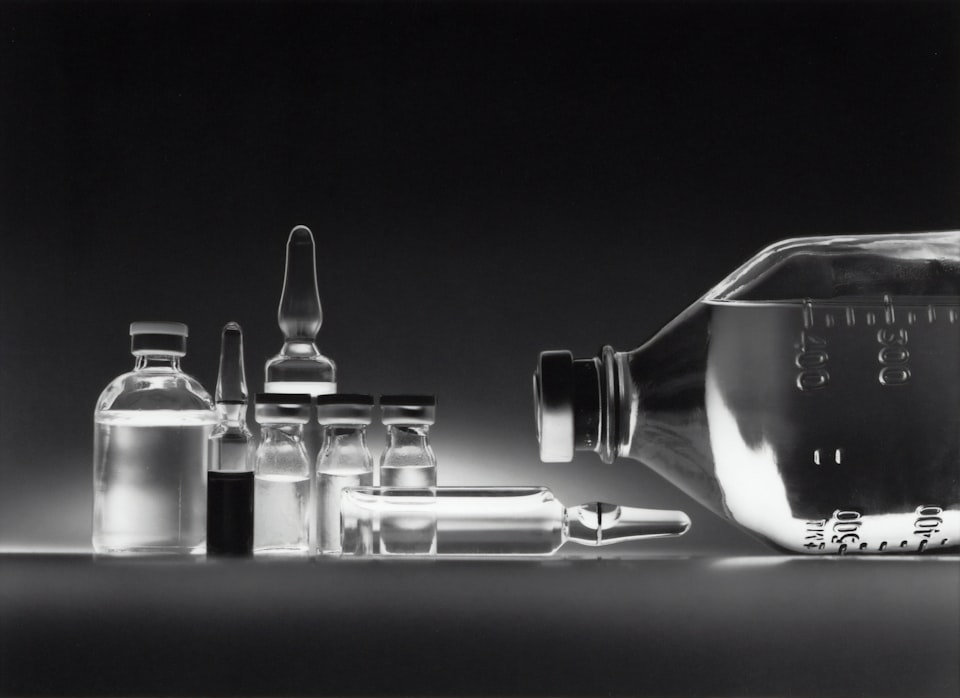My first week as an Anaesthesia Associate Trainee

This is the first post in our new series 'From Ambulance to Anaesthetic Room', where Paramedic-turned-Anaesthesia-Associate Arron takes us along for the ride on his journey as he swaps diesel for propofol. We hope you enjoy it!
I'm Arron.
I've worked in the ambulance service in various roles since 2017, and qualified as a Paramedic in 2021.
Having completed my newly-qualified phase, I began looking for areas to develop and advance my clinical practice, and came across the role of the Anaesthesia Associate.
Anaesthesia Associates have existed in the NHS in various forms for nearly 20 years.
But there has been a recent drive to expand numbers across England, with significant investment for training posts available from HEE. The GMC have agreed to register and regulate the activities of AA's (as well as physician associates) and are currently in the process of agreeing and implementing these outcomes.
The role is open to healthcare professionals and life science graduates, but applicants most typically have an anaesthetic nursing or ODP background.
Not so me. I've come from cannulation performed upside down in a ditch in the dark (or in Nana's front room) to the bright lights and spare sets of hands of the surgical suite.
And here are three things I've noticed on my first week:
- There is so much to learn
Consultant anaesthetists have attained a familiarity with human physiology that, at least to my mind, is difficult to either quantify or parallel. The process of maintaining normal (or normal-ish) physiology during the assault of surgery may look relaxed to the casual onlooker, but the level of awareness and anticipation required is no mean feat at all. I'm really looking forward to swimming around in the shallows of the anaesthesia ocean in the coming weeks.
- There are lots of parallels
I can't help but think more Paramedics should try this. Like prehospital care, you care for one patient at a time in a very focused way. Like ambulance practice, you need to be alert and aware for early signs of deterioration. Like paramedic practice, anaesthetics involves making decisions in a time sensitive and anticipatory manner. The environment is different (very different - someone told me I could take a break!), but there's lots about what makes ambulance care rewarding that is shared with anaesthetics.
- It's hands on
Most of the paramedics I know like making interventions and performing clinical skills - this is a role where that pleasure can be indulged and there are lots of additional skills and procedures to learn. Cannulation and airway management aren't a million miles away from known entities to paramedics - but invasive monitoring, central lines and a broader array of drug therapies may appeal to those paramedics looking for a change of pace without losing the pleasure of being hands on.
So there we have it; a handful of scribbled notes from my first week in anaesthesia.
Perhaps in 5 years I'll tell you something different!
